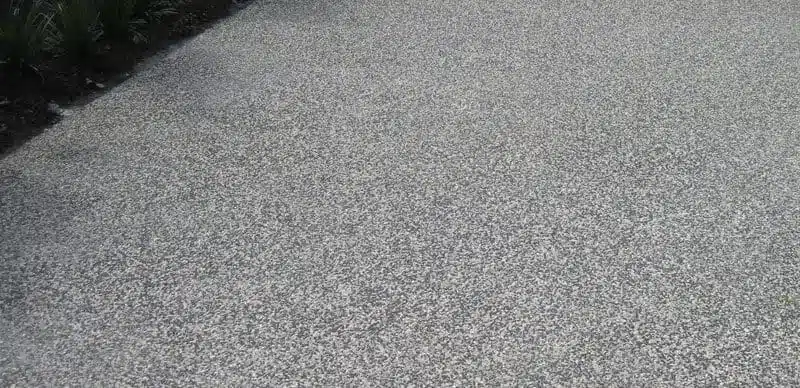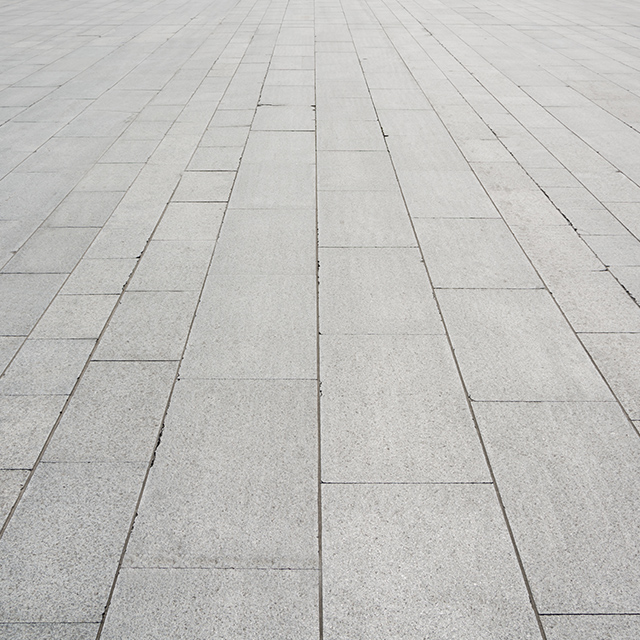Cutting-edge Concrete Layout: Enhance Your Residential Or Commercial Property with Custom-made Concrete Job
Cutting-edge Concrete Layout: Enhance Your Residential Or Commercial Property with Custom-made Concrete Job
Blog Article
Revealing the Eco-Friendly Advantages of Making Use Of Recycled Concrete in Sustainable Building And Construction Practices
In the realm of lasting building and construction practices, the application of recycled concrete stands as a pivotal yet often underestimated resource. Beyond its traditional applications, recycled concrete offers a myriad of environmentally friendly benefits that prolong far past the confines of conventional construction products.
Ecological Benefits
Undoubtedly, among one of the most significant benefits of making use of recycled concrete is its positive effect on the setting. By including recycled concrete right into building and construction techniques, there is a significant decrease in the requirement for new basic materials, causing preservation of natural resources. This procedure helps in preserving accumulations, water, and energy that would have been utilized in creating new concrete. In addition, making use of recycled concrete decreases the quantity of waste being sent to land fills, consequently lowering environmental contamination and relieving the strain on garbage dump abilities.

In addition, the manufacturing of typical concrete is a significant resource of carbon discharges because of the energy-intensive process of cement production. On the other hand, recycled concrete has a lower carbon footprint as it minimizes the demand for new concrete manufacturing. This decline in carbon exhausts adds to mitigating climate change and sustains sustainable building techniques. In general, the ecological benefits of making use of recycled concrete are substantial and play an important duty in advertising green building and construction methods.
Cost-Efficiency
When assessing the application of recycled concrete in building and construction projects,Accomplishing cost-efficiency is a critical consideration. Among the essential advantages of making use of recycled concrete is its cost-effectiveness contrasted to standard concrete. The production of recycled concrete includes much less energy and resources as it utilizes existing materials, decreasing the total task costs dramatically. In addition, the accessibility of recycled concrete in your area can even more decrease transport costs, making it an extra affordable selection for building and construction tasks.
Furthermore, making use of recycled concrete can lead to financial savings in land fill costs by diverting concrete waste from disposal sites. This not only reduces the ecological effect however additionally removes the prices connected with waste elimination. In addition, the durability and performance of recycled concrete are similar to standard concrete, making certain that expense savings do not jeopardize the high quality of the building and construction.
Resilience and Toughness
Considering the substantial cost-efficiency advantages of making use of recycled concrete, it is vital to examine its durability and strength in construction applications. Recycled concrete offers similar, otherwise exceptional, durability and toughness buildings to typical concrete. With improvements in processing techniques and top quality control, recycled concrete can fulfill or surpass the efficiency requirements of standard concrete. The procedure of recycling concrete involves squashing, arranging, and screening old concrete to create aggregates that can be utilized in brand-new building jobs. These recycled aggregates are capable of supplying adequate compressive toughness, longevity, and long-lasting performance.

Waste Decrease
Reliable waste reduction techniques play an important role in the sustainable usage of resources within the building market. When it involves using recycled concrete, waste reduction is an essential view website benefit that adds significantly to ecological conservation. Conventional building methods typically produce significant quantities of waste, particularly in the form of concrete rubble from demolition websites. By including recycled concrete right into building tasks, this waste is repurposed and drawn away from landfills, decreasing the general environmental impact of building activities.
Recycled concrete not just aids in decreasing the amount of waste that finishes up in garbage dumps but also saves natural deposits by decreasing the need for brand-new accumulated materials. This process of waste reduction promotes a round economy within the building market, where materials are recycled and recycled to develop a much more lasting market. Additionally, using recycled concrete can result in cost savings for construction jobs, as it is typically more budget-friendly than sourcing and transferring new materials. Finally, waste decrease via the application of recycled concrete is a vital component of sustainable building and construction practices that benefits both the atmosphere and the construction market all More Help at once.
Power Preservation
Power conservation is a crucial facet of lasting construction techniques, aiming to minimize the total power intake linked with building procedures and materials production. Significant energy financial savings are attained contrasted to traditional concrete manufacturing when it comes to using recycled concrete in construction. The process of creating recycled concrete includes recycling and crushing existing concrete products, which eats much less energy than mining, processing, and moving resources for new concrete manufacturing. Additionally, the usage of recycled concrete can assist reduce the need for virgin aggregate, more decreasing the energy-intensive extraction and handling her response of all-natural resources.
Conclusion
Finally, the use of recycled concrete in sustainable construction practices offers countless ecological benefits, cost-efficiency, resilience, toughness, waste decrease, and power conservation. By including recycled concrete right into building and construction jobs, we can add to an extra lasting and environmentally pleasant future. It is important for the construction industry to focus on using recycled materials to help in reducing the environmental influence of construction tasks.
One of the key benefits of using recycled concrete is its cost-effectiveness contrasted to traditional concrete.Moreover, the usage of recycled concrete can lead to cost savings in landfill expenses by drawing away concrete waste from disposal websites. The longevity and efficiency of recycled concrete are comparable to standard concrete, making sure that cost savings do not jeopardize the top quality of the construction.

Report this page